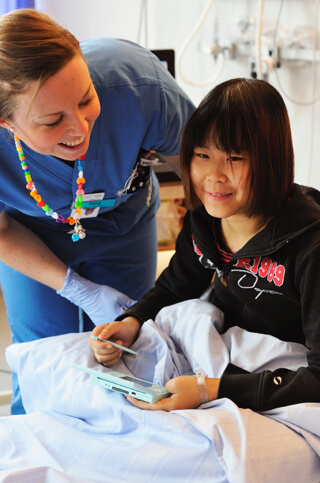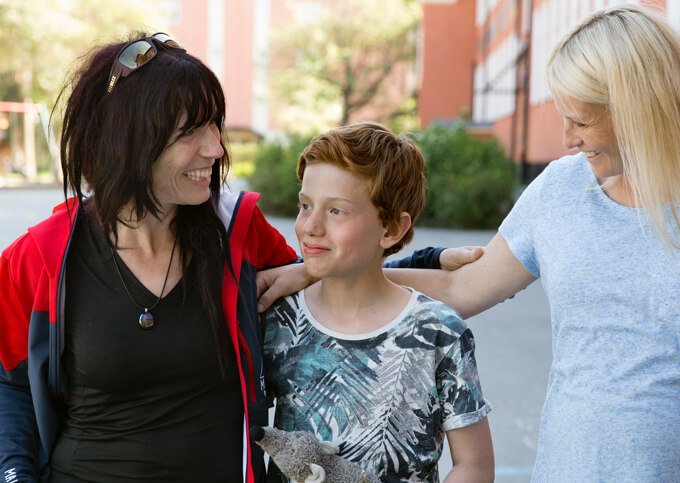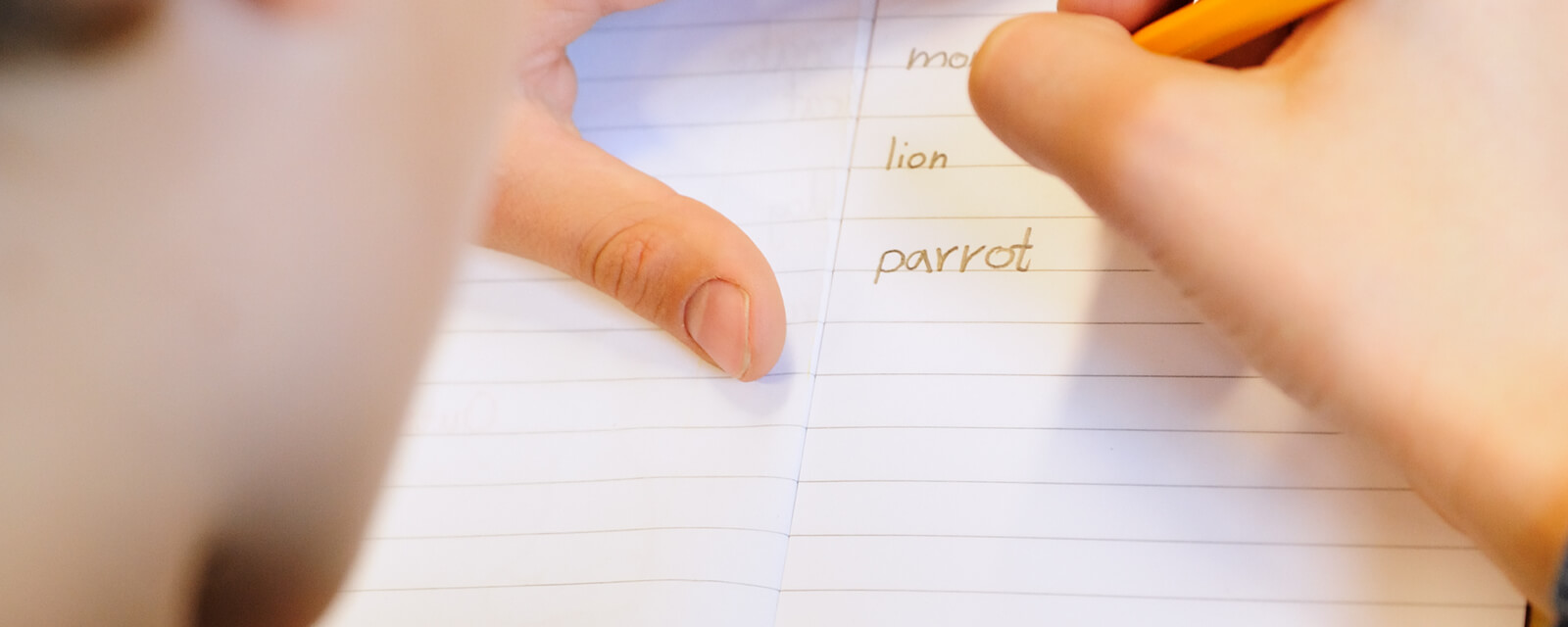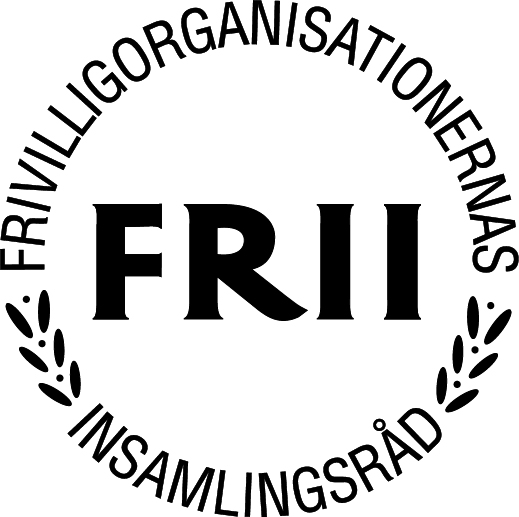Parents of children diagnosed with cancer are requesting greater psychosocial support, according to the comprehensive needs analysis carried out regularly by the Swedish Childhood Cancer Foundation. “There is no cohesive template for how to support those affected,” says Kärstin Ödman Ryberg at the Swedish Childhood Cancer Foundation, which after the survey focused more on psychosocial support and material relating to siblings.
In 2016 the Swedish Childhood Cancer Foundation sent a survey to the members of the regional foundations with a number of questions to identify their needs. The aim was to obtain information about the needs of the members in order to adapt support provided by the Swedish Childhood Cancer Foundation accordingly.

The results conclusively showed that families lacked psychosocial support both during and after treatment. This finding applied to both the sick child and the family, but especially to siblings and to parents who had already lost a child. “The child died and life fell apart. I am left to continue living on my own, without any social support from institutions. No one helped,” wrote one parent who responded to the questionnaire. Kärstin Ödman Ryberg is familiar with this description.
“Many parents who have lost a child have received support throughout the treatment period, only to subsequently experience complete and total abandonment. Then where should these families turn for help? There is no system in place that kicks in,” she says.
Families with children who survive also feel abandoned once treatment is completed. Now that the sorrow has time to catch up with them, many affected individuals crash in response. “It is assumed that everything will be OK again once treatment is concluded. There is no mechanism in place to deal with these parents who fall between the cracks and ask how they actually feel,” writes another respondent to the questionnaire.
In addition, many children who survive will suffer life-long complications from their disease and treatment, such as cognitive impairments. This may lead to both mental and practical challenges in school and later in working life.
“The regional foundations for childhood cancer patients do a lot, such as arranging meetings and providing support to each other. But they cannot be expected to shoulder society’s responsibility since they are entirely comprised of volunteers,” says Kärstin Ödman Ryberg.
Armed with the survey results, the Swedish Childhood Cancer Foundation has begun to work towards formulating national guidelines for psychosocial support for children with cancer and their families. The goal is for uniform care to be provided throughout Sweden.

The Swedish Childhood Cancer Foundation has also made a special effort to improve psychosocial support by collaborating with S:t Lukas, as well as with specialist nurses and sibling support coordinators at each paediatric oncology centre.
In addition, extra emphasis has been placed on siblings of children with cancer in 2016, including a four-part information packet. The packet addresses various phases of disease and is aimed at both parents and siblings to best meet the needs of the sibling. Dr Malin Lövgren, who has conducted research for many years in the field of palliative care with a focus on the family, is responsible for the content. The documents can be downloaded and ordered free of charge from barncancerfonden.se.
 På svenska
På svenska

 The Swedish Childhood Cancer Foundation complies with the Swedish Fundraising Council’s (FRII) quality code for fundraising organisations. The purpose of the code is to increase transparency and openness in the sector, thereby strengthening confidence in organisations that comply with the code.
The Swedish Childhood Cancer Foundation complies with the Swedish Fundraising Council’s (FRII) quality code for fundraising organisations. The purpose of the code is to increase transparency and openness in the sector, thereby strengthening confidence in organisations that comply with the code.